When we talk about the family tree, we usually mean the limbs and roots of our extended family. But today I want to look at the family as a living, breathing organism. Much like, well, an actual tree. The same kind you might sketch in second grade with everyone’s name inside it, only now we’re paying attention to the whole tree and its parts. What’s growing strong, what parts are yellowing, and what’s quietly falling off without anyone noticing? In this process, we are going to consider the following: “Does my family need therapy?”
Does My Family Need Therapy: Start Here
A family isn’t just a list of people. It’s a living structure made of emotions, histories, communication habits, diverse priorities and life stages, and nervous systems trying their best.
Family therapy doesn’t mean your tree is dying. It means you’ve noticed something’s off: leaves curling at the edges, a strange stillness where there used to be connection. And sometimes the healing starts not with the whole tree at once, but with a single branch.
Work on individual branches can often lead to work on the whole tree. That’s where individual therapy comes in. You can work on your part of the system, with or without the rest of the family in the room, and it still matters. In fact, it often helps the entire organism recalibrate.
What Is Family Therapy and Who Benefits?
Family therapy is pruning and tending to the shape of the whole. It’s not about assigning individual blame or staging single-minded interventions.
It’s about presence, roles, and patterns. It helps people zoom out, recognize the complex interconnectedness, and find ways to cooperate better under the broader family canopy.
Who speaks for the family? Who holds it in? What are we all avoiding? It’s often not about the loudest voice. It’s about the unspoken rules we have written together without even knowing it, and how those rules guide us for better and for worse. A family therapist helps in guiding awareness, discussion, understanding, and resolution.

Who Benefits?
Anyone in a family system can benefit: parents, teenagers, adult siblings, couples, etc. Families in crisis and those who are just feeling stuck. Therapy is that trained eye and experienced voice to help you see the shape of what’s happening. It helps you understand why no matter how hard you try, you end up back in the same tangle.
And yes, one person starting individual therapy can help to shift the entire root system. Sometimes, the most loving thing you can do for the family is start with yourself.
Is It Normal for Families to Fight All the Time?
Yes and no. All families fight. Or as we like to say, “experience conflict.” It’s part of being in the same house or space. But when that conflict becomes chronic, explosive, or eerily quiet, it’s no longer just a family squabble. It’s a sign that something in the system isn’t getting what it needs.
Think of a tree with too much sun on one side and too much shade on the other- imbalances show up in unexpected ways.
If your home is a pressure cooker, or the eggshells are lining every room, it’s worth asking, Does my family need therapy?
Even if everything looks okay to your neighbors, inside might tell a different story. Therapy doesn’t mean you’re bad. It means you’re paying attention and want change.
Signs Your Family Might Need Counseling
Noticing these patterns doesn’t make you dramatic. It makes you aware. And awareness is where change begins.
Here are some signals that your family system may be out of alignment:
- Frequent arguments that never resolve
- A child or teen showing major emotional or behavioral shifts
- Constant tension or silence between family members
- Ongoing grief, transition, or trauma that hasn’t been processed
- Difficulty setting boundaries or having calm conversations
- Sibling conflict that’s turned into real hostility
- A general feeling of disconnection or resentment
If you’re wondering, does my family need therapy, that question is often the first sign something inside you already knows the answer. And if the rest of your family isn’t ready, individual therapy can be a deeply impactful first step.
What Happens in Family Therapy?
You don’t need to prepare a speech. You don’t need to have your feelings sorted into bullet points. You just agree to show up. Come with all your love and frustration and confusion.
A family therapist isn’t a referee. They’re more like a persistent guide helping each person find their footing in the terrain.
You’ll learn how your family communicates, where that breaks down, and how to rebuild safety. It’s structured, but human.
Often, the goal is not just to resolve one issue, but to teach the family how to keep growing even when storms come. And if some of the deeper roots are tangled in personal pain, those can be explored more fully in individual therapy.
Both modalities support each other.
How Family Therapy Strengthens Communication
Communication isn’t just about words—it’s about tone, timing, history, and nervous systems doing their best to stay regulated. In family therapy, you learn not just what to say, but how to say it without the heightened emotions hijacking the entire interaction.
You start to notice when you’ve checked out, when someone else is bracing for impact, when the same loop is beginning again.
Family therapy can help everyone in the system speak more clearly and listen more actively. Think of it as watering the roots—it takes time, but the canopy starts to change.
What Things Does Family Therapy Cover?
We can’t promise to solve everything. But family therapy helps with the kinds of things that matter long after the session ends: learning to really hear each other, expressing needs without attack, navigating conflict without shutting down. It helps with changes, it helps with pain, it helps with fears, it helps with hopes.
Family therapy can support healing from things like substance use, divorce, blended family stress, and trauma—but it also helps with everyday strain, misunderstandings, and the slow emotional erosion that comes from not being truly seen.
The Role of Individual Therapy
Here at Pathways Family Therapy, we understand that the whole tree matters—but sometimes healing starts with just one branch. We offer individual therapy alongside family therapy because we know that change doesn’t always happen as an intertwined group.
Sometimes, it happens quietly with one person taking the chance to work on their own approach to their family, their own approach to life.
Individual therapy is a safe place to explore your story, make sense of the patterns you’ve inherited or reinforced, regardless of the role of your siblings or parents.
It’s a place for you to decide your own destiny, what you want to keep, and what you’re ready to release.
Whether you start with the family or start with yourself, we’re here to support your growth!
Why Pathways Family Therapy?
Our team at Pathways Family Therapy has deep training in attachment, communication, trauma, parenting, and emotional resilience. We’re not interested in quick fixes or shallow scripts. We work with you to build something lasting—a stronger family system that can flex, bend, and heal.
If something in you is wondering Does my family need therapy, that’s worth listening to. Let’s explore it together. Call 619-541-5036, or fill out the contact request here, to speak with someone who can help you find the right next step—whether that’s family therapy, individual support, or both.
You don’t have to know exactly what to ask. You just have to start.




